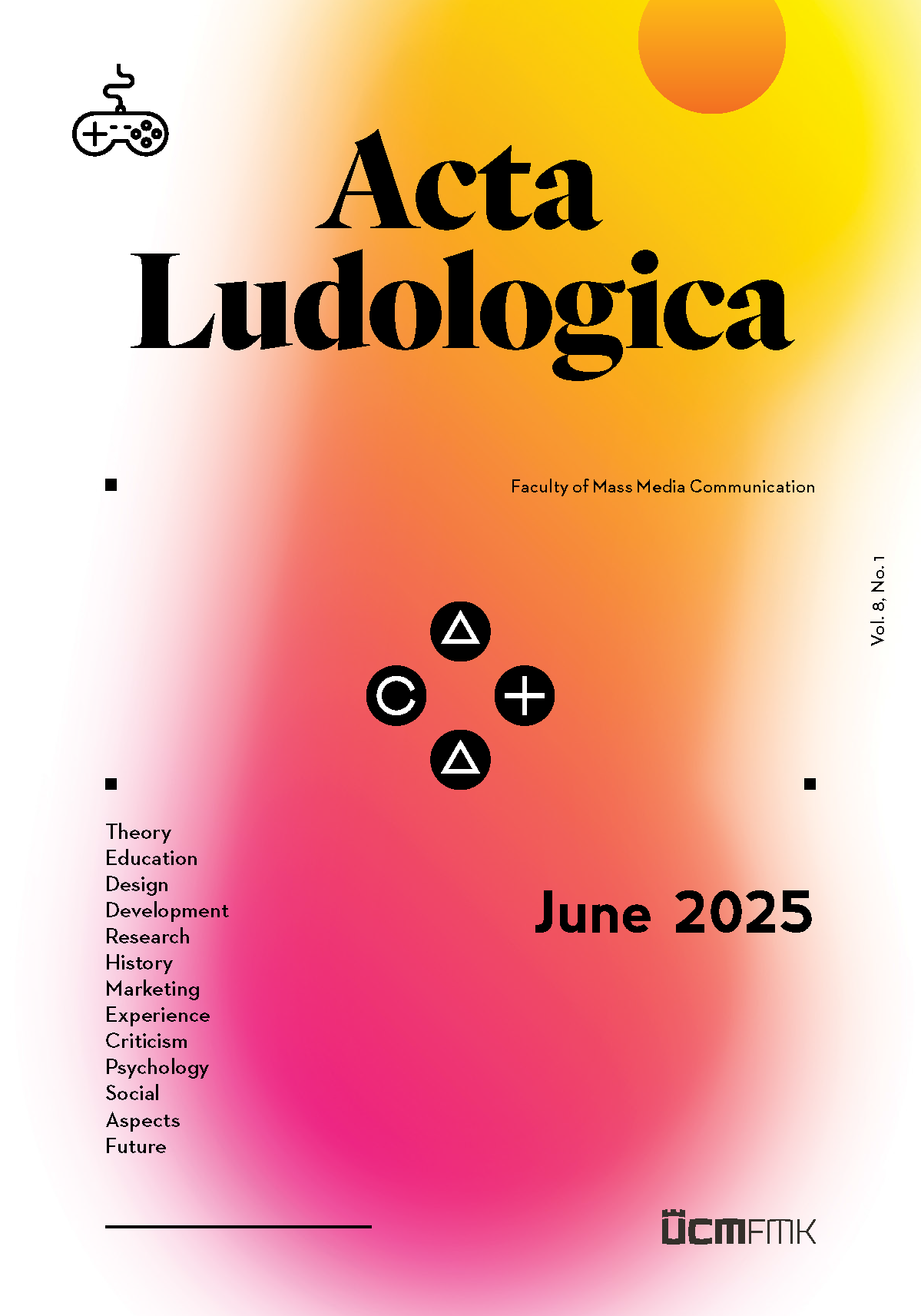ABSTRACT:
Attention Deficit Hyperactivity Disorder (ADHD) is a neuro-developmental disorder that starts in childhood and has a persistent pattern of behaviour involving lack of attention and/or hyperactivity-impulsiveness that interferes in social, academic or work processes, or reduces the quality of them. Through activities with games, children and adolescents improve memory, concentration, motor planning and time management skills. According to some studies these may present positive effects for the attention span, executive functions, working memory and other cognitive skills. However, there are few studies that explain their effects. This paper presents a systematic mapping study and underlines the direction taken by the empirical studies undertaken on the use of digital games in treating ADHD and ADD. A total of 12 articles, covering 2005 to 2015, were selected. The research questions behind the study were: RQ1 What particular characteristics have been investigated by researchers?; RQ2 What research methods have been used?; and RQ3 On which game has the study on ADD-ADHD been focused?. There are studies are focused on the risk of addiction, increased attention deficit or behaviour problems and studies evaluating the improvement in executive functions, reduction in hyperactivity and motivation. The research methods used were experimental and exploratory methods. Finally, the digital games are analyzed without distinguishing between the genres and theme of the game.
KEY WORDS:
adolescents, attention deficit disorder, attention deficit hyperactivity disorder, digital games, children, literature review, systematic mapping study.

